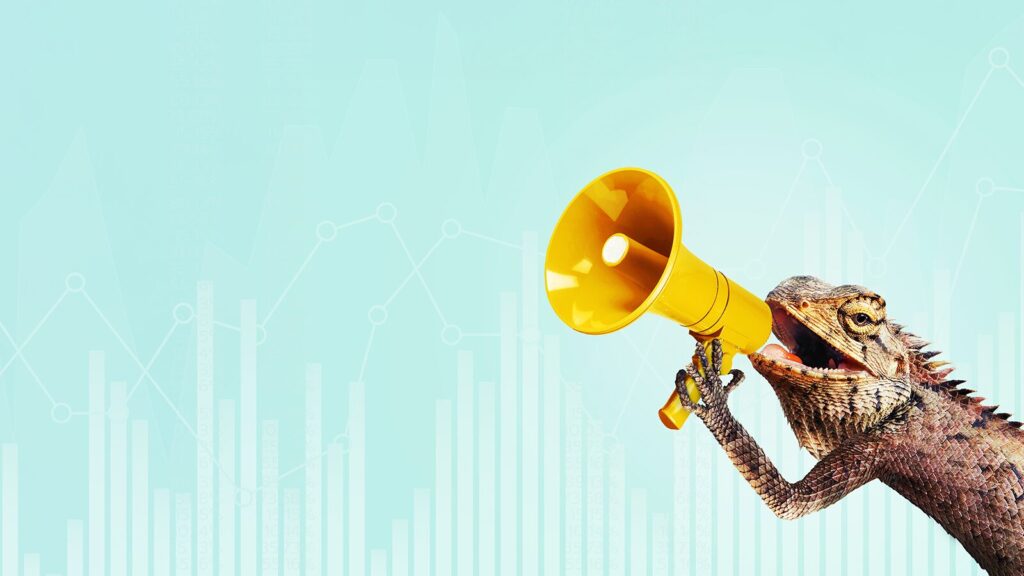The topic of risk is appropriate during this time as the market has been having some wild swings due to the current effects of the novel coronavirus, Covid-19. The fear is that this will affect supply chains around the world leading to lowered productivity and earnings. Markets do not like uncertainty which they have demonstrated recently with a very quick downward move of roughly 13% from recent highs. If we look back to other similar events in history, the market has always rebounded higher after the events – sometimes it has taken longer than others, but always it has recovered. Most analysts think this time will be no different.

If you’re in your twenties to forties, you will look back on this time as a buying opportunity and should accept the risk along the way. If you’re in your fifties or sixties, you should already be in a hedged portfolio commensurate with you age and risk tolerance. Regardless of your age, your allocation should include diversification including stocks and bonds. The bonds will help mute volatility in uncertain times and provide interest income. Because current interest rates are very low, earned interest bonds is not that great, but again it’s a safe haven when there are large equity swings. The older you are, the less exposed to equities you should be, but you will still need some as bonds will not pay enough interest to keep up with inflation.
In summary, keeping emotions out of the market is never easy to do and often results in poor decisions at the wrong time, like buying high and selling low. Having a broad-based diversified plan, sticking with that plan and contributing on a routine basis is vital to long term investment goals. Avoid your desire to go to cash during volatile times then trying to time when to get back into the market. This emotional tactic usually results in locking in your losses and the stress of uncertainty about when to get back into the market. If you miss even a few of the significant up days over time, your annualized returns will be severely impacted.





























































































































































































